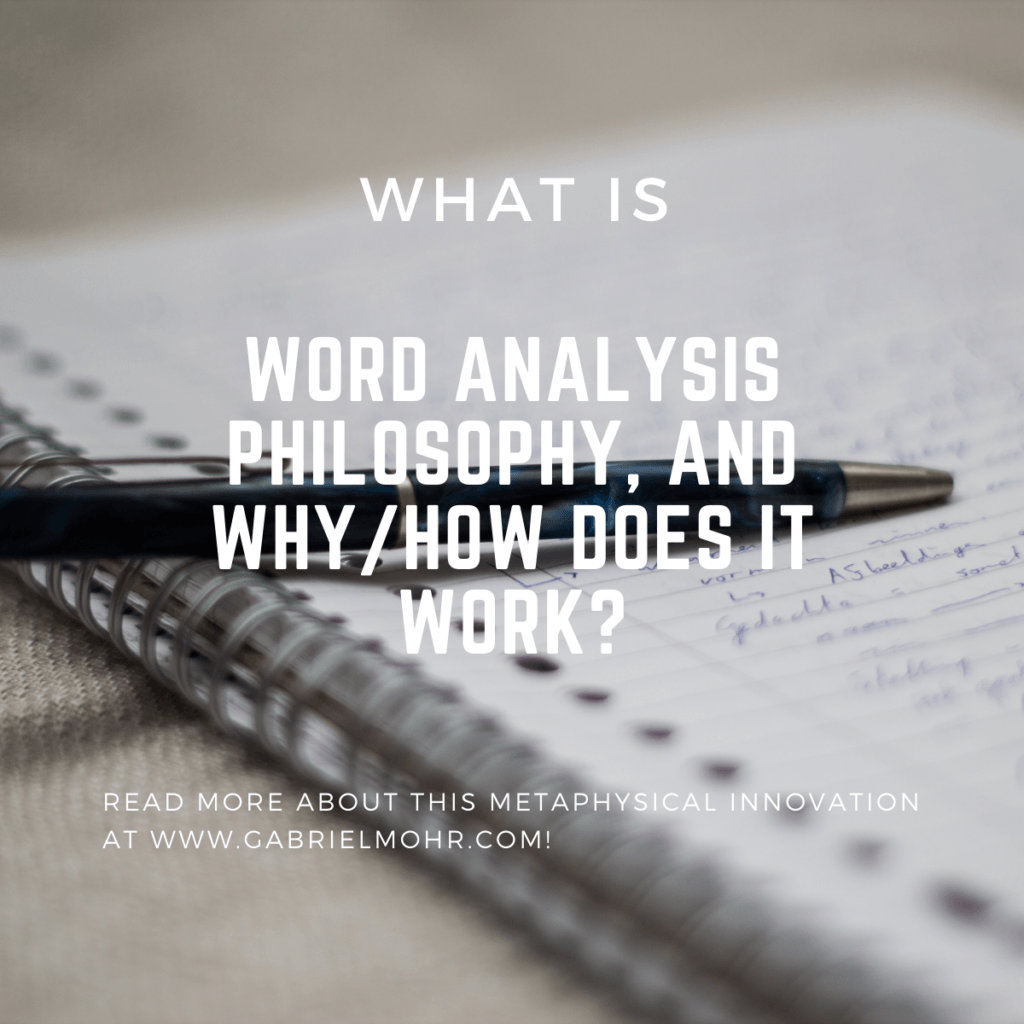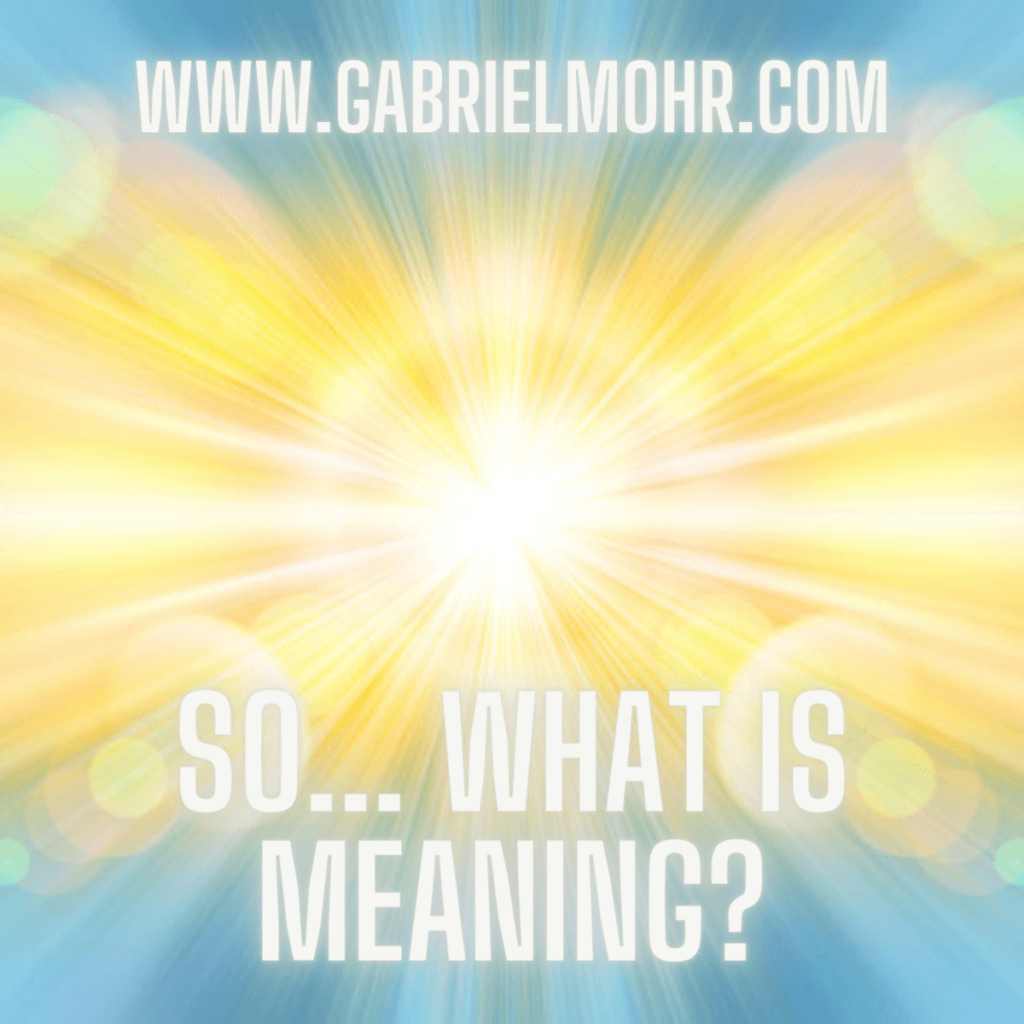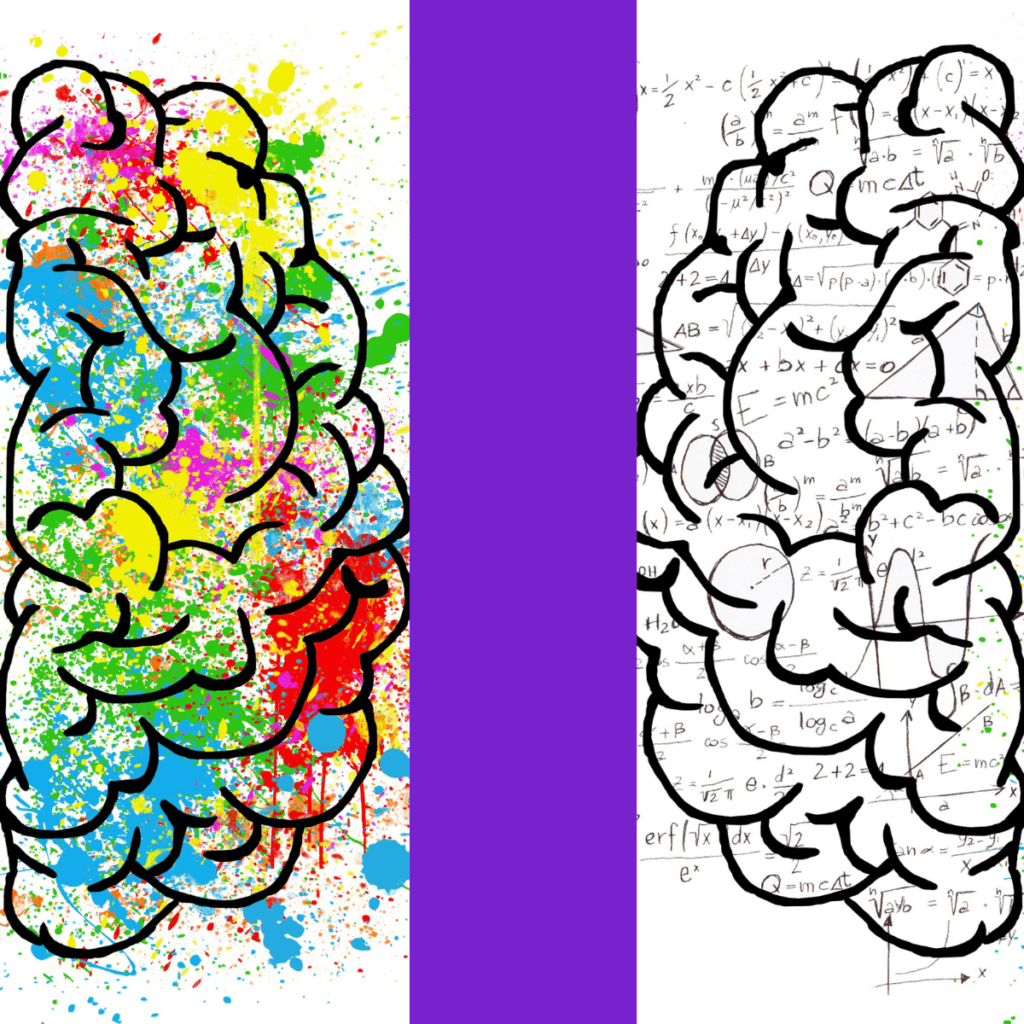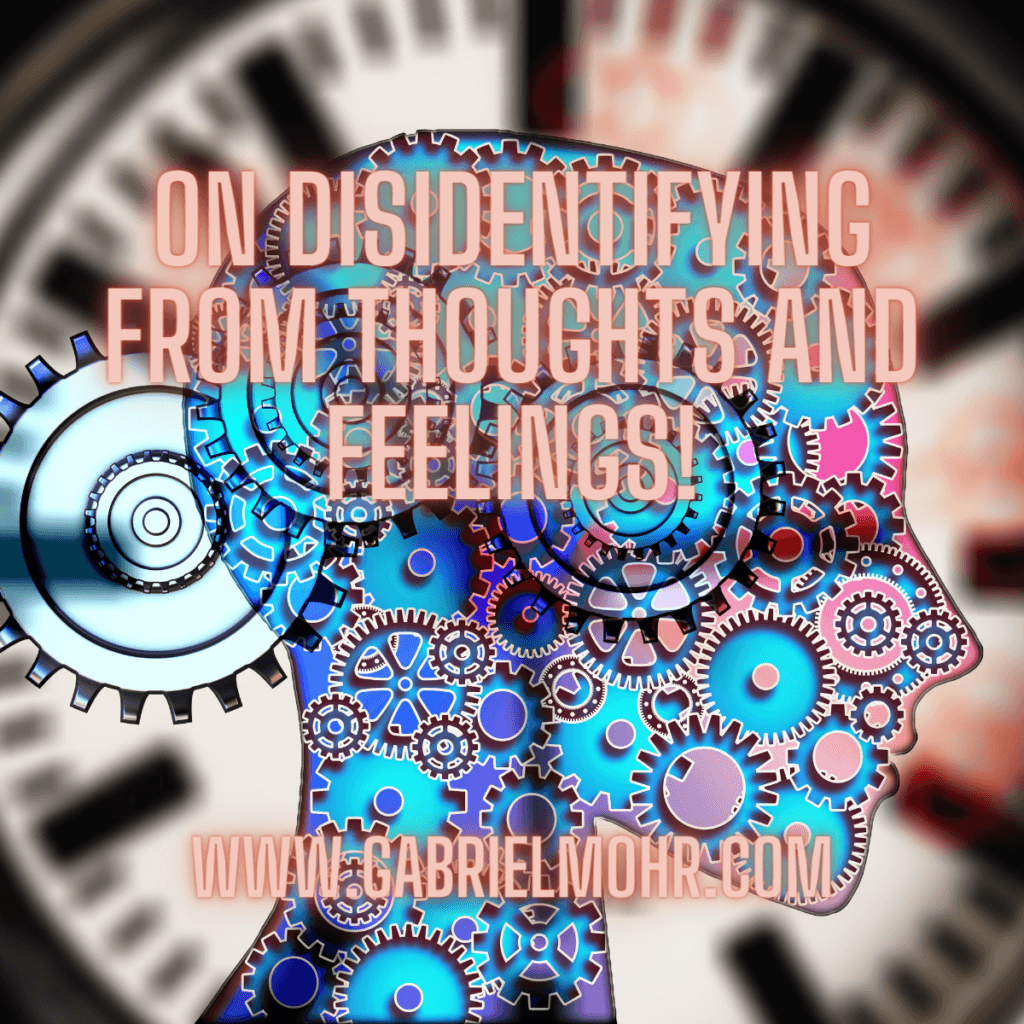
Quick Fact
-Word analysis philosophy is a technique I created to help with negative thought patterns! It works since we focus on the core words within each thought pattern and study them, thereby learning their true meaning and origin, thereby placing attention on them, thereby transcending them!
Intro
Perhaps I’m in a different position than most, but I often fall into negative thought patterns that can last for days, weeks, or months on end. These negative thought patterns are often unconscious (oh boy, how fun) and they almost always consist of words that have a negative connotation in society, such as “terrible,” “shameful,” “useless,” and the like; words that are meant to degrade my being and make sure I never get back up again.
In response to my own turmoil I’ve created a new branch of philosophy called ‘Word Analysis Philosophy.’ Its purpose is to take a particular word, break it into smaller pieces, find out exactly where it comes from, exactly what it means, how it could be said better, and what exactly the ‘it’ happens to be that I’m trying to explain.
For example, a word that’s bugging me at the moment is “useless.” I could let this word roam around in the back of my mind and leave it unchecked, but that would lead to a lot of suffering since me telling myself “I’m useless” is a bad thing, right? Maybe, but I’m not entirely convinced that this is the truth. Let’s take this word, “useless,” and analyze it a little further instead of simply taking it at face value.
The Process
If I break the word into smaller bits and pieces I find that it’s made up of two words; “use” and “less.” Just breaking the word apart sends a different message than “useless;” instead of suffering to no end I now receive the message that I should “use less” of my computer/phone since I’m on them all of the time for work and play.
Now I take the two words “use” and “less” and find their origin. After all, the cultural context they were created for at the time is everything, and if a word is created in a different context than what we’re experiencing today then it could have a completely different meaning than what we think of it to be in the present day.
A quick search from www.etymoline.com gave me this: ” use (n), c. 1200, “act of employing,” from Anglo-French and Old French us “custom, practice, usage,” from Latin usus “use, custom, practice, employment, skill, habit,” from past participle stem of uti “make use of, profit by, take advantage of.”
Also, “use (v), c. 1200, “employ for a purpose,” from Old French user “employ, make use of, practice, frequent,” from Vulgar Latin *usare “use,” frequentative form of past participle stem of Latin uti “make use of, profit by, take advantage of, enjoy, apply, consume,” in Old Latin oeti “use, employ, exercise, perform,” of uncertain origin.
This Latin root, “uti,” certainly has its place in the English language; utilize, utensil, inutile, usury, and use all come from this stem “uti.” So immediately we think of a tool, a device, something we take advantage of, etc, etc.
Looking up the word “less” I see two different definitions, the first being “Old English læs (adv.) “less, lest;” læssa (adj.) “less, smaller, fewer” (Northumbrian leassa), from Proto-Germanic *laisizan (source also of Old Saxon, Old Frisian les “less;” Middle Dutch lise “soft, gentle,” German leise “soft”), from PIE root *leis- (2) “small” (source also of Lithuanian liesas “thin”) + comparative suffix,” which is a complete mouthful for someone who is not etymologically inclined. However, the second definition made a little more sense to me;
-less, word-forming element meaning “lacking, cannot be, does not,” from Old English -leas, from leas “free (from), devoid (of), false, feigned,” from Proto-Germanic *lausaz (cognates: Dutch -loos, German -los “-less,” Old Norse lauss “loose, free, vacant, dissolute,” Middle Dutch los, German los “loose, free,” Gothic laus “empty, vain”), from PIE root *leu- “to loosen, divide, cut apart.”
If we take the first part of this definition (modern English “-less”) then we get a word that spells “useless” which generally means “lacking utility,” “cannot be taken advantage of.” If we move to the Old English root -leas then we can spell the word “useleas” (or dare I be so bold to spell it “uselease”) which means means “devoid of advantage,” “false utility,” or even “free of use.” Moving on to the third part of this definition (the Old Norse root -lauss) we get the word “uselauss” which means “vacant utility,” “dissolute advantage,” or even “loose utility or “loosely advantageous.”
The older the root, the less sense it makes when we combine it with modern English, but right away we can see a few choices when we take another look at this word; we can choose to see the word “useless” as meaning “free from use, unable to be used,” as “lacking utility, devoid of advantage,” or even as “use less” (as in using something less than usual).
If you’re like me and this word runs through your head every now and again the first definition will most likely be the most freeing out of the three since we usually assume the second definition by default. The third way to see this word is useful if we’re doing something more than we should be.
Now that we have the definitions out of the way we can get a little more philosophical on the matter by asking questions such as, “What exactly is the thing that is useless?” “What is the opposite of ‘using’ something?” “Why do I feel bad when this word pops up again? What does it mean for me?” The longer we ask questions about a word (or a sentence or a phrase) the sillier it becomes. If I answer the first question by saying, “Well, me! I’m useless,” then I’m forced to ask the question, “Which definition do you mean?” Then I might say, “The second definition. I am lacking utility; I am devoid of advantage; I am completely and utterly useless to society in every possible way.”
What I have done there is made the unconscious thought pattern completely conscious by forcing myself to give a straight definition as to what it is I mean exactly.
Sometimes just attending to a subconscious thought pattern is enough and you’ll start to feel much better. In this case, though, my initial assumption hasn’t left; it appears to be very, very grounded in reality.
From here I could ask a few different questions; “Is this assumption grounded or ungrounded? If so, why?” “What skillsets should I develop in order to change this reality, and why exactly?” “Why is this a core assumption that’s been in the background for so long?” “Am I doing something I shouldn’t be doing, or not doing something I should be doing?”
I won’t type my follow-throughs for the sake of time, but in the end, it became quite clear that some of my fear, anxiety, sadness, and guilt stem from a core assumption of the feeling named shame if I conclude that I’m not being useful enough to the people around me. Of course, now I should examine the word “shame,” and I probably will after this post.
Conclusion
WAP is meant to help over-thinkers like myself calm their minds with a bit of effort and a bit of brutal honesty by accepting the thoughts as they are.
It’s not necessarily a step-by-step process because the answers will be different for you and me than they will be for everyone else. But looking into a word (or a sentence or phrase) for long enough will reveal its silliness to you, and it may reveal another secret that cannot be said… I’ll leave that one for you to figure out!



